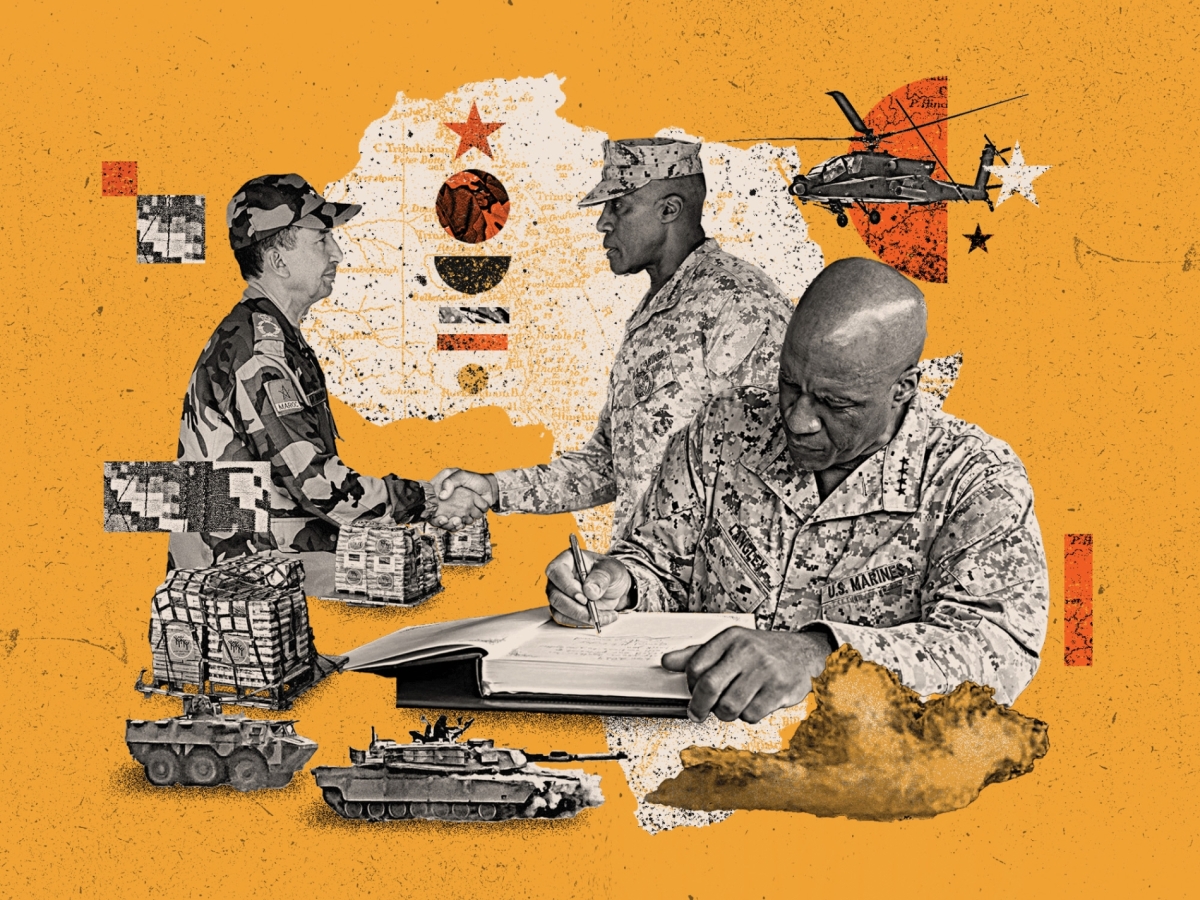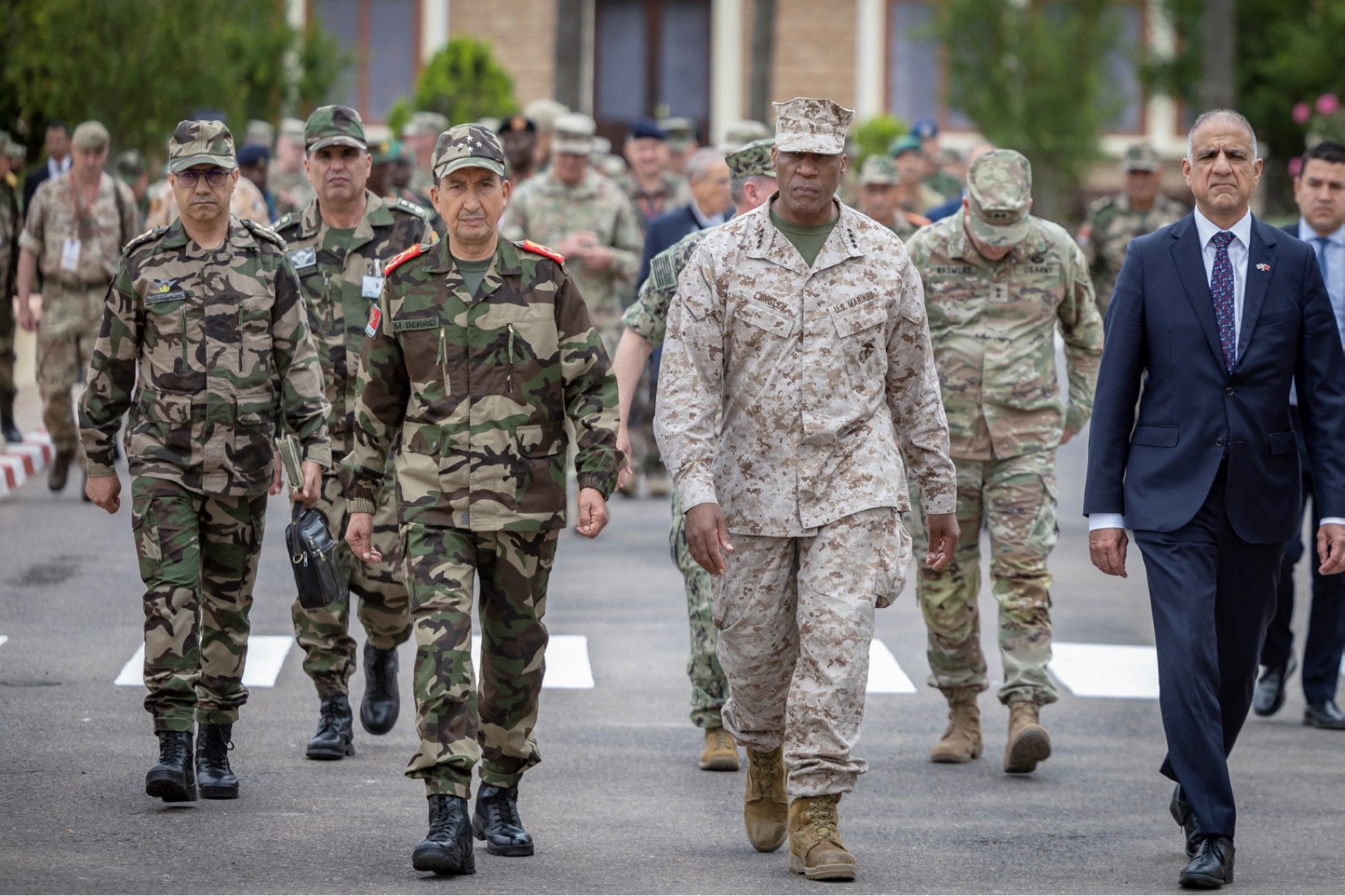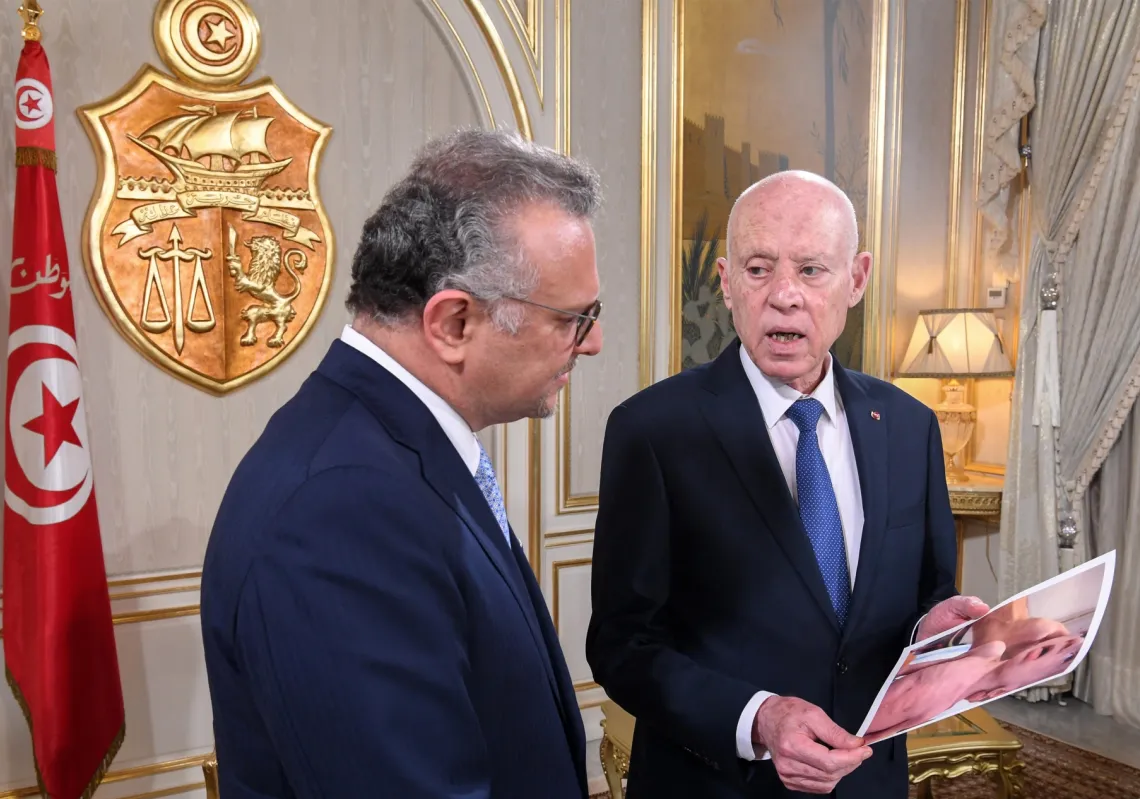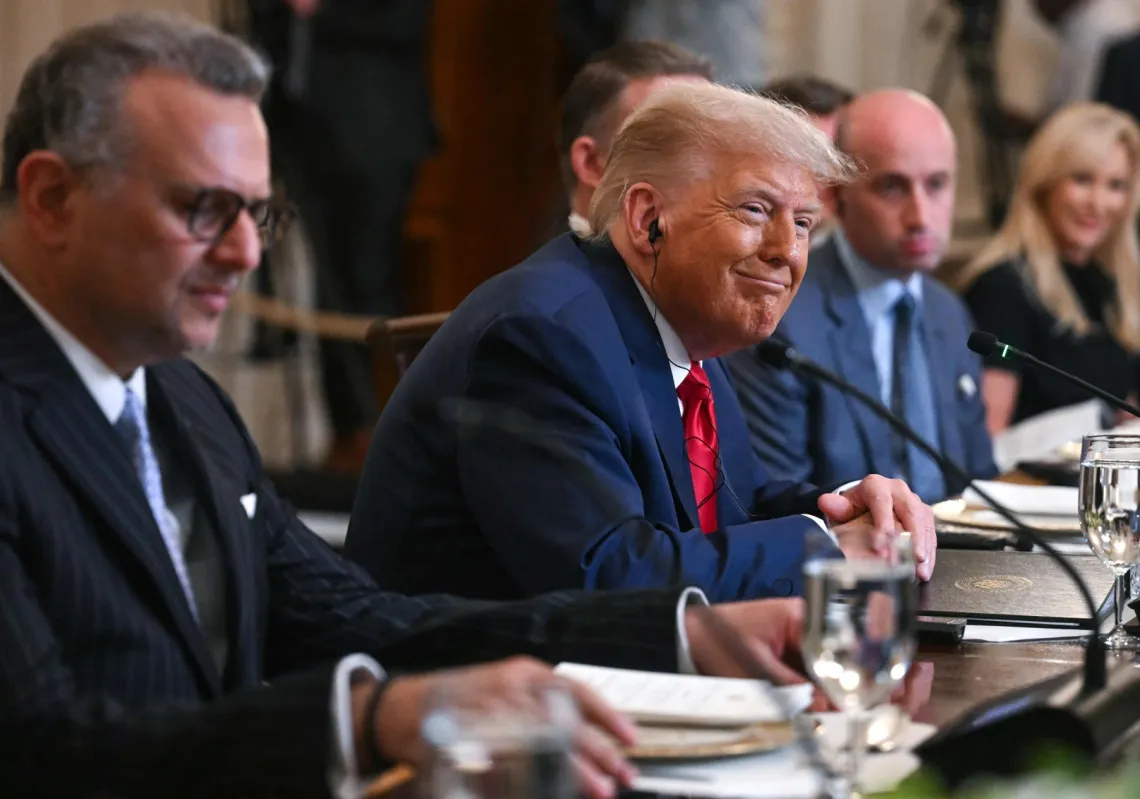US policy on Africa appears to be in flux because Washington’s overall strategy for the continent is currently being reformed. Integral to this strategy is AFRICOM. Formed in 2007-08, it covers all of Africa, with the exception of Egypt, and its purpose is partly political, since it is used to maintain US influence by fostering trust with African nations. This is done by means of joint projects and military assistance, including programmes in education, medical aid, epidemic control, infrastructure development, disaster response, and humanitarian logistics.
To some, the emphasis on ‘soft power’ and humanitarian diplomacy means that AFRICOM’s commander is more akin to a minister without portfolio, as it is a unified regional command without its own operational forces. Furthermore, AFRICOM’s direct military achievements have been modest, and there have been some embarrassing setbacks, such as when four American commandos were killed in an ambush at Tongo-Tongo in Niger in 2017. The recent de facto expulsion of any US military presence in Niger and Chad was emblematic of the situation.
Keen to cut costs, the Trump administration has already wound down USAID’s humanitarian programmes, so AFRICOM may have been expected to bear the brunt.
But the president’s penchant for minerals means that he is paying more attention to Africa than many of his predecessors, seeking trade deals by promising security from separatists and Islamists. Some of this security will require a combat response of the kind that Russia has offered African states in recent years.













